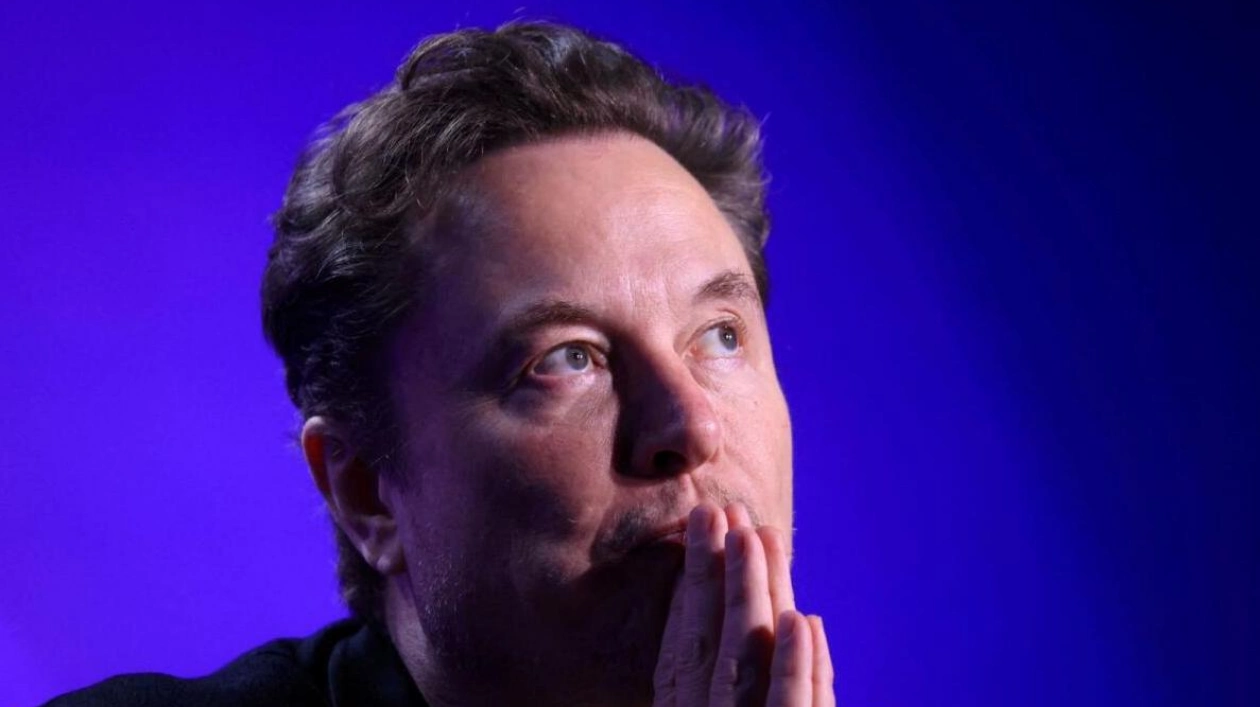Billionaire X owner Elon Musk faced criticism on Monday for sharing a deepfake video featuring US Vice President Kamala Harris, which tech campaigners claimed violated the platform's own policies. Musk reposted a manipulated Harris campaign video where a voiceover mimicking her calls President Joe Biden senile and states she doesn't "know the first thing about running the country," adding that as a woman and a person of color, she is the "ultimate diversity hire." The video was initially posted by an X account linked to the conservative podcaster Chris Kohls and labeled a "parody." However, Musk's repost on Friday made no such disclosure, simply stating: "This is amazing," accompanied by a laughing emoji. Musk's repost received over 130 million views and comes amid growing concern over AI-enabled political disinformation ahead of the US presidential election in November.
"We believe the American people want the real freedom, opportunity, and security Vice President Harris is offering; not the fake, manipulated lies of Elon Musk and Donald Trump," Harris's presidential campaign stated. With nearly 192 million followers, Musk is a highly influential voice on the platform, formerly known as Twitter, which he acquired in 2022 in a $44 billion deal. Earlier this month, Musk endorsed Trump in a post on X shortly after the Republican narrowly escaped an assassination attempt during a campaign rally in Pennsylvania. Gavin Newsom, the Democratic governor of California, posted on X that the manipulated Harris video "should be illegal" and that he would soon sign a bill banning such media. A defiant Musk responded to his post, stating "parody is legal in America," while including the original video below it.
Musk's repost seemed to breach X's policies, which forbid sharing "synthetic, manipulated or out-of-context media that may deceive or confuse people and lead to harm." X did not respond to AFP's request for comment. "Ignoring the rules of the road (because) he bought the road," Nora Benavidez, senior counsel at the watchdog Free Press, wrote on X, referring to Musk's apparent violation of the site's policies. Disinformation researchers are concerned about the rampant misuse of AI technology in a major election year, due to the proliferation of online tools that are cheap and easy to use yet lack adequate safeguards. AI-generated content, particularly audio which experts say is hard to identify, caused national alarm in January when a fake robocall posing as Biden urged New Hampshire residents not to vote in the state's primary.
"Platforms play an outsized role in election cycles," Benavidez wrote. "They must do better."






